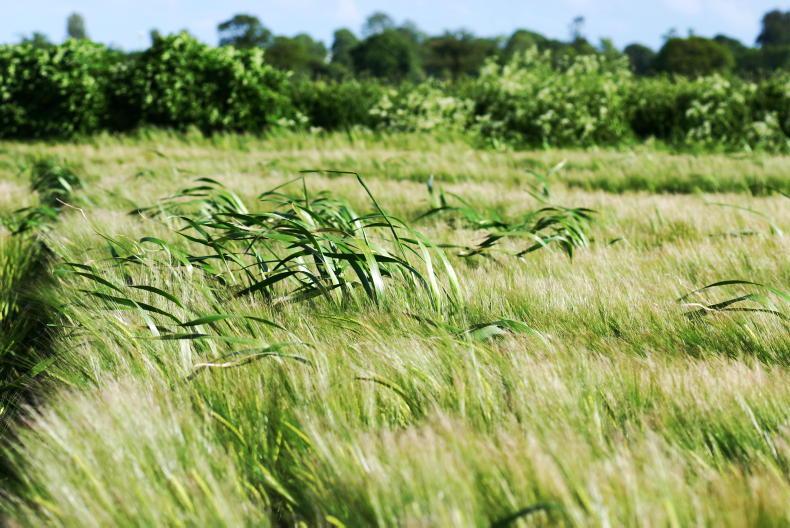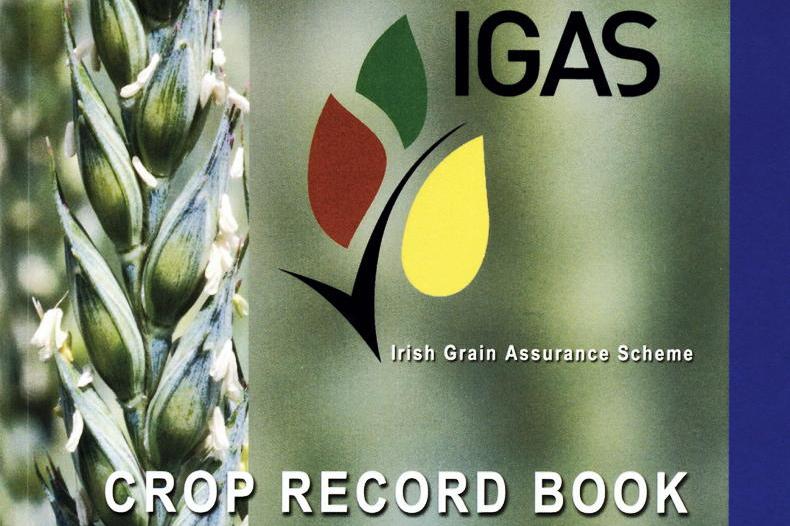Weather: The good weather has taken huge pressure off farmers. Many have taken their time and where a little longer was needed land has been able to dry out properly.
Growers have moved from sowing to winter crop management and back again. It’s great to be able to get on top of work. This week, most will be aiming to finish spring cereal planting, apply growth regulators and fungicides to winter cereals and move on to planting maize, beet and potatoes.
Spring crops: Many are up and will benefit from their nitrogen early, particularly spring barley, so head out when the tramlines are visible.
This is important to push for yield and lower proteins on malting barley. Crops planted in March do not need an aphicide, according to research, so this takes some pressure off with spraying. However, deficiencies like manganese or magnesium should be treated early. BYDV in winter crops cannot be treated at this stage.
Winter barley: Many continue to get their T1 fungicides out on crops, depending on pressure.
This is a Proline and Comet mix or something like Macfare Xpro or Navura with Comet. A strobilurin is needed if net blotch is present. Make sure crop nutrition is covered off at T1.
Winter oats: Winter oats will also receive a growth regulator in many regions in the coming days and a T1 fungicide with Proline and Comet would not be far off the mark.
Winter wheat: Rust is a big issue in some crops and all crops should be checked for the disease. Some with good rust resistance are also affected.
A strobilurin will be needed to keep rust at bay. If it is out of hand, then tebuconazole is needed. Sulphur is a good option to put out alongside at this time to help with septoria control. Growth regulation will be applied by many at this time as well.
Wild oats: Wild oats in winter cereals should be controlled as soon as possible and keep the rate high at this time of the year: 0.8l/ha of Axial is recommended for canary grass at this time, although it does not carry a label for the weed.
Maize and beet: As land warms up people are thinking of drilling maize and beet crops. Many have land prepared, but have been holding off to balance the frost risk later on in the growing season.
Choose early maturing varieties of maize where possible. If planting beet, consider Smart beet where brassica weeds are an issue or you have weed beet. Debut has not been cleared for emergency use on beet. Remember this when deciding whether to plant or not and discuss it with your agronomist so that you are happy you will control the weeds.
Magazine: The annual Crop Protection Magazine is free inside next week’s paper. It has new product announcements, the latest research updates, health and safety information and all the details you need to fill out crop records.










SHARING OPTIONS